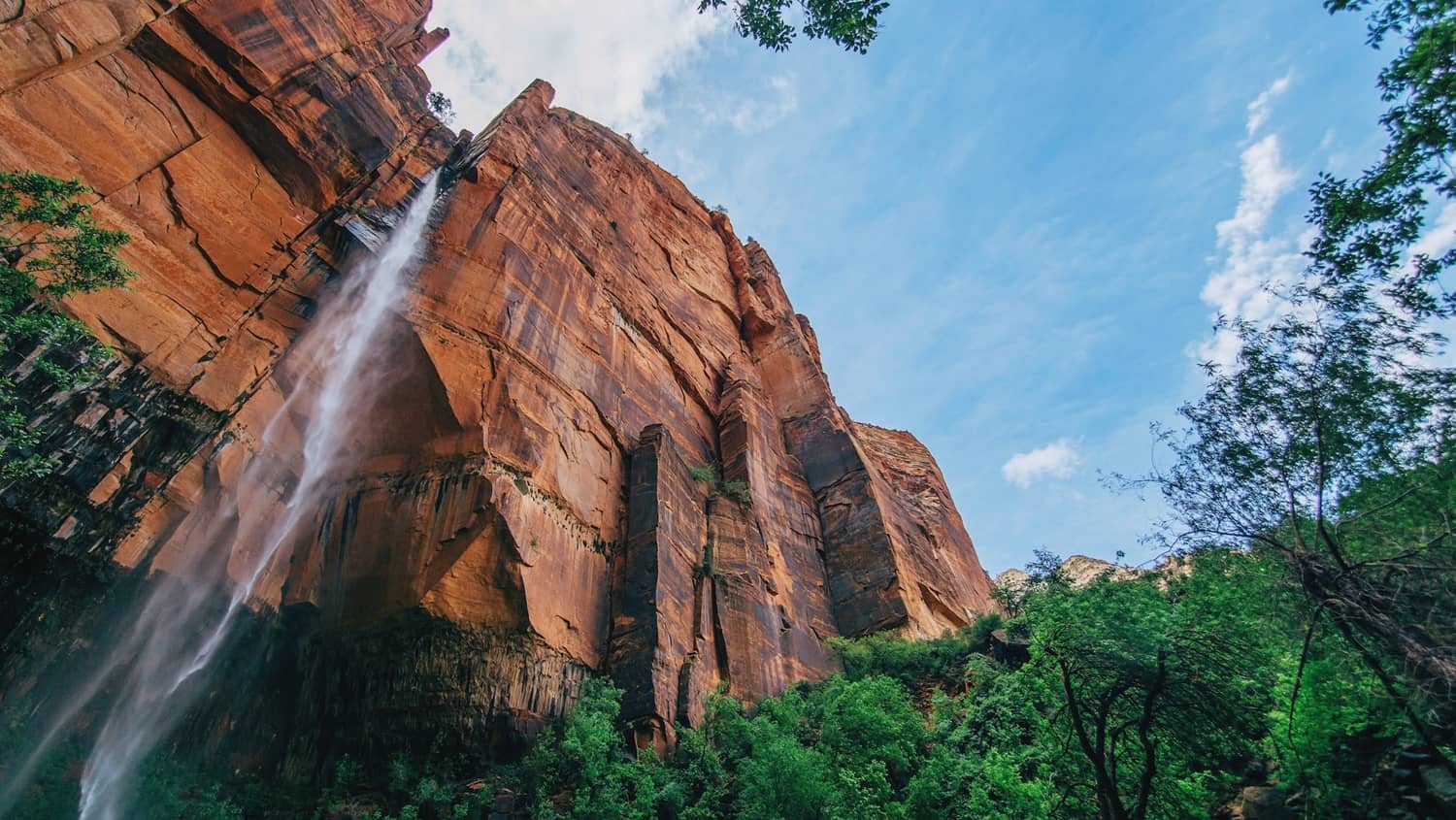Nature is critical to various aspects of life on Earth. From socio-cultural heritage to economic functioning and life supporting ecosystem services, we rely on nature more than we often realize. However, environmental degradation has continued to take place on a massive scale globally as a result of direct human impacts. By damaging nature, we are not only having a negative impact on the environment, but also on ourselves. The need to protect nature must be enshrined in a legal framework that outlines how to discourage, combat, and stop the severe and long-term harm of nature. As such, the need to include ‘ecocide’ within policy and set out appropriate duties and responsibilities for the protection of nature is a major need globally.
Stop Ecocide International is an organization actively leading the movement to make ecocide an international crime, and at this year’s Virtual Island Summit, it hosted a panel in collaboration with the Government of Vanuatu dedicated exclusively to discuss the topic. Moderated by Dr. Christopher Bartlett, the Climate Diplomacy Manager within the Vanuatu government’s Ministry of Foreign Affairs, the event panel comprised of the Honorable Bakoa Kaltongga, Special Envoy on Climate Change for the Pacific, Jojo Mehta, Chair of the Stop Ecocide Foundation, Philippe Sands QC from University College London, and Autumn Bordner, an Associate Attorney at Blue Ocean Law.
Highlighting the need for more pressing climate action at a global stage, Dr. Bartlett stressed the need for communities on the frontlines of the climate crisis to explore all pathways to save the planet and islands of the blue sea. He identified two specific and distinct legal avenues. “One of the tools is the recognition of ecocide – or acts threatening, severe, and either widespread or long term harm – to nature as a crime at the International Criminal Court. The ICC deals with crimes of the most serious concern to the international community as a whole – genocide, war crimes and crimes against humanity, so recognition of ecocide among these crimes could provide a legal guardrail to deter and sanction mass damage, and destruction of ecosystems, [which are] a root cause of the global climate crisis.”
Another tool, Dr. Bartlett notes, is the International Court of Justice (ICJ) which is tied directly to the United Nations, and via whom the government of Vanuatu is pressing for an advisory opinion on the obligations of States under international law to protect the rights of present and future generations from the adverse effects of climate change.While an opinion from the ICJ is not legally binding, it does have legal weight and can be used to push for more action.
Vanuatu’s support for these avenues followed a similar call from the nation’s President, Nikenike Vurobaravu, days earlier at the United Nations General Assembly. In his opening remarks for the VIS event, the Hon. Bakoa Kaltongga highlighted that island states and communities are the ones leading the charge in these discussions on the global stage.
Kaltongga noted that an advisory opinion from the UN’s court could push countries to take stronger action on their Nationally Determined Contributions and open a pathway for vulnerable communities to receive more support. “While really important and really progressive, [this initiative] is also not asking the ICJ to do anything particularly radical,” explains Autumn Bordner of Blue Ocean Law, “This could encourage higher ambition as a matter of duty under law, so it could strengthen the legal character of state obligations under the Paris Agreement and help to facilitate progress in negotiations, including on sensitive issues.”
Professor Philippe Sands KC emphasized that while international law can be difficult to navigate and enforce, he acknowledged the potential of a change in consciousness resulting from recognition of ecocide in the Rome Statute, predicting this would send ripples among industries and corporations. He explained the reasoning behind the consensus legal definition of ecocide that is gaining rapid traction globally at the present time.
“It’s time to recognize the truth that indigenous cultures have never forgotten that when we damage Mother Earth there are consequences,” states Jojo Mehta, “It is time for a crucial reality check. Criminalizing mass harm to nature – or ecocide – could make a powerful, paradigm level difference.” Preserving nature is not only important in the fight against climate change; it also ensures that indigenous communities maintain their connection with their environment, as well as providing vulnerable countries like Vanuatu with a future.
With the UN Climate Change conference (COP27) looming, calls for increased climate action have abounded, and nations on the frontlines of the crisis are asking for stronger measures to be implemented. The legal avenue championed by Stop Ecocide and the Vanuatuan government provides a unique opportunity to amend international law and compel a more muscular approach to environmental policies. “The time is right for this law, indeed, it is long overdue and by working together it can be put in place,” concluded Mehta. A full replay of this session can be found here.




